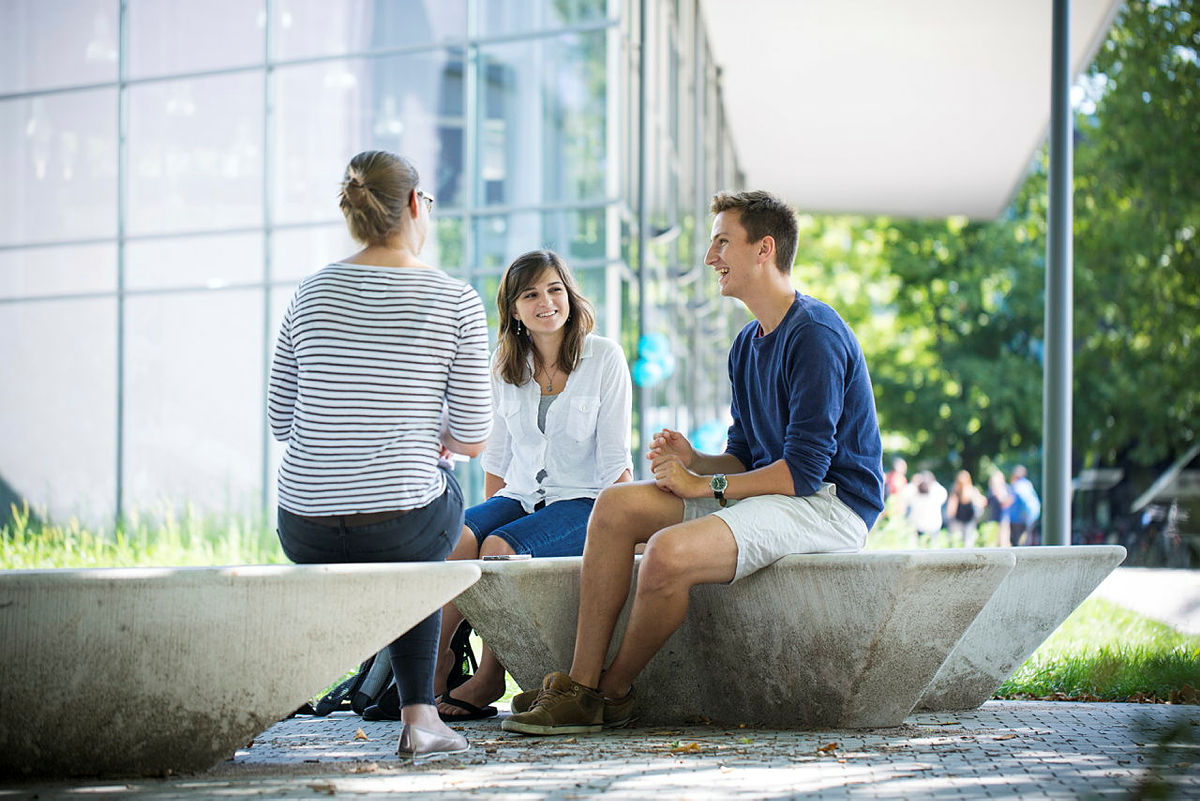Vortrag: Harnessing cellular entropy: from ecosystems to bioprocesses
Our laboratory investigates how cells within a population respond to external stimuli and coordinate their behavior. To achieve this, we employ cutting-edge single-cell analytical tools, including automated flow cytometry, microfluidics, and other innovative technologies. We've also developed a concept called cellular entropy to quantify the degree of diversification in cell populations.
Our research has shown that the switching cost, or the loss of growth fitness for cells that decide to switch, is a key driver of cell population diversification. Interestingly, we've observed that cellular systems with high switching costs exhibit a Fitness-Entropy (F-E) compensation mechanism. This process allows the cell population to cope with complex decisions by increasing cell-to-cell heterogeneity. However, this compensation mechanism takes time to establish. To address this, we designed a cell-machine interface called the Segregostat, which enables the stimulation of cell populations in a timing-compatible manner. This technology has allowed us to control gene expression in various cell populations, including bacteria and yeast. Recently, we've applied this approach to stabilize cell populations for continuous bioprocessing. Building on this research, we're also investigating the stabilization of microbial co-cultures and controlling more complex phenotypes, such as general stress response and protein secretion for controlled delivery.
Ultimately, we believe that the F-E compensation mechanism is at the heart of cell collective behavior, and our research aims to understand and harness this phenomenon to develop innovative biotechnological applications.
https://www.ciw.kit.edu/3051.php
Prof. Frank Delvigne
University of Liège, Gembloux, Belgium
Terra research and teaching centre, Microbial Processes and Interactions (MiPI), Gembloux Agro-Bio T
KIT-Fakultät für Chemieingenieurwesen und Verfahrenstechnik
Karlsruher Institut für Technologie (KIT)
Karlsruhe
Mail: ciw ∂does-not-exist.kit edu
https://www.ciw.kit.educ

